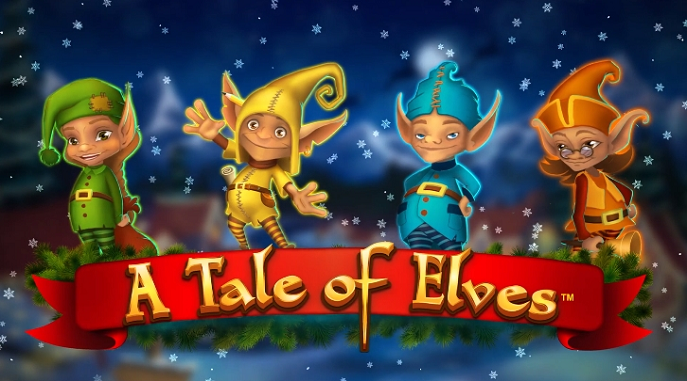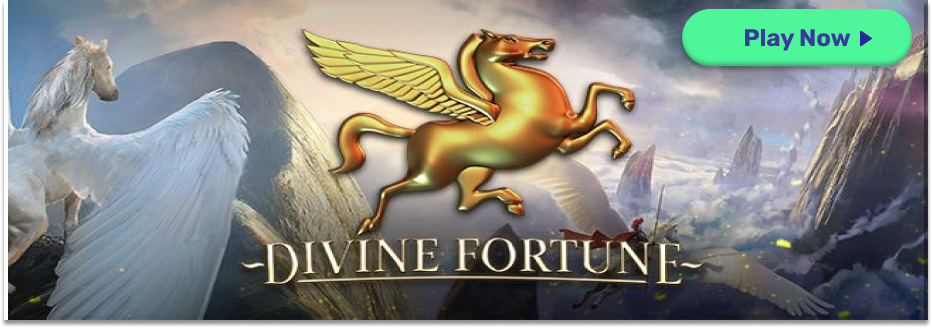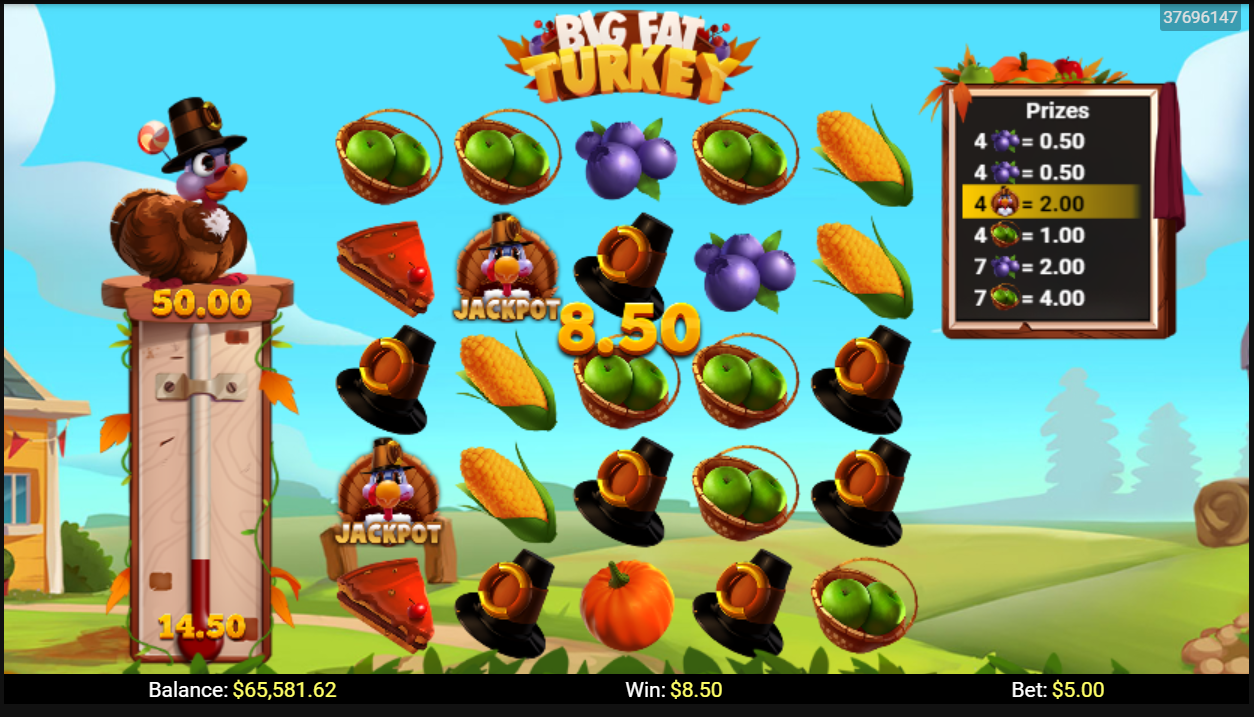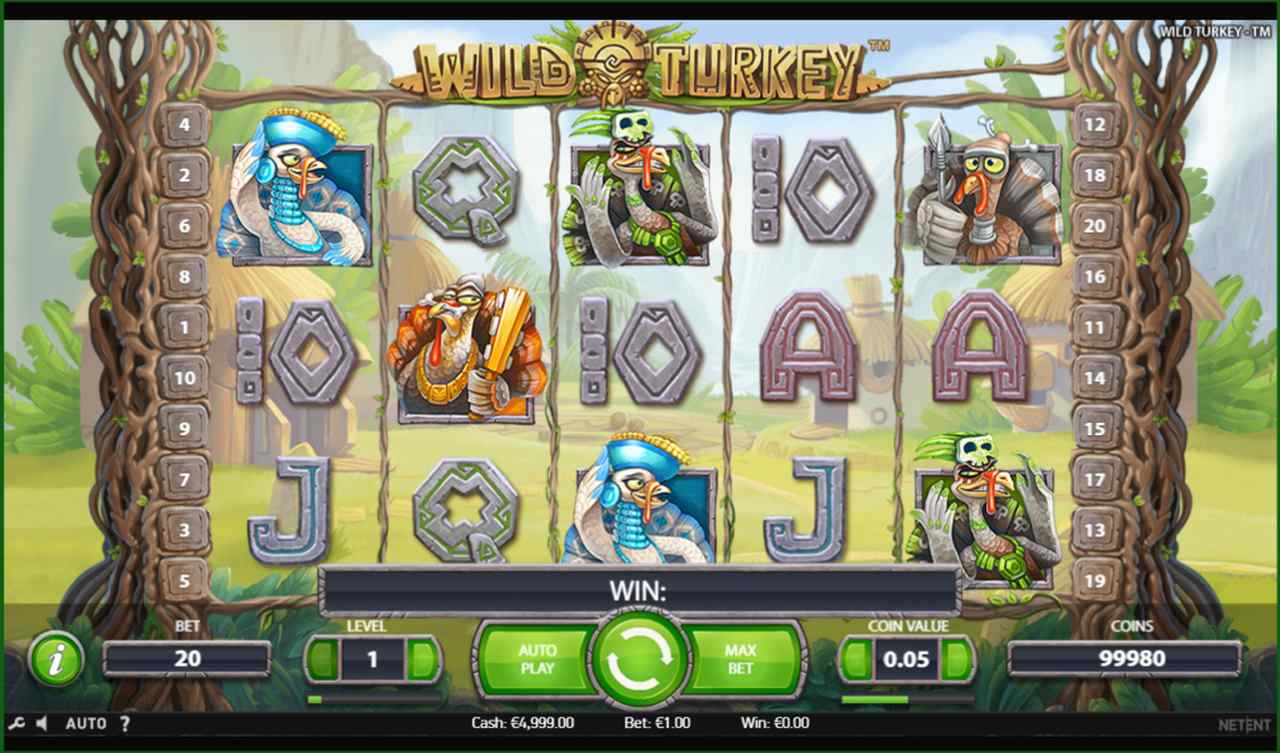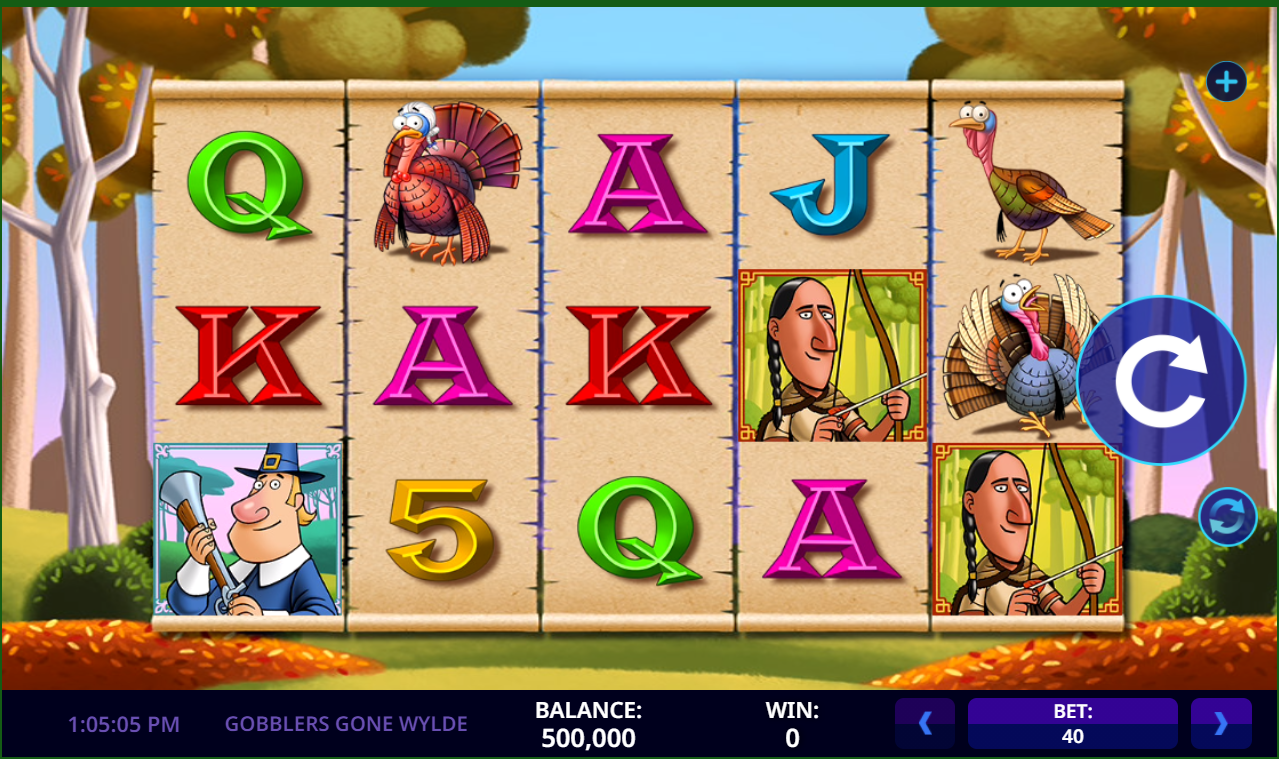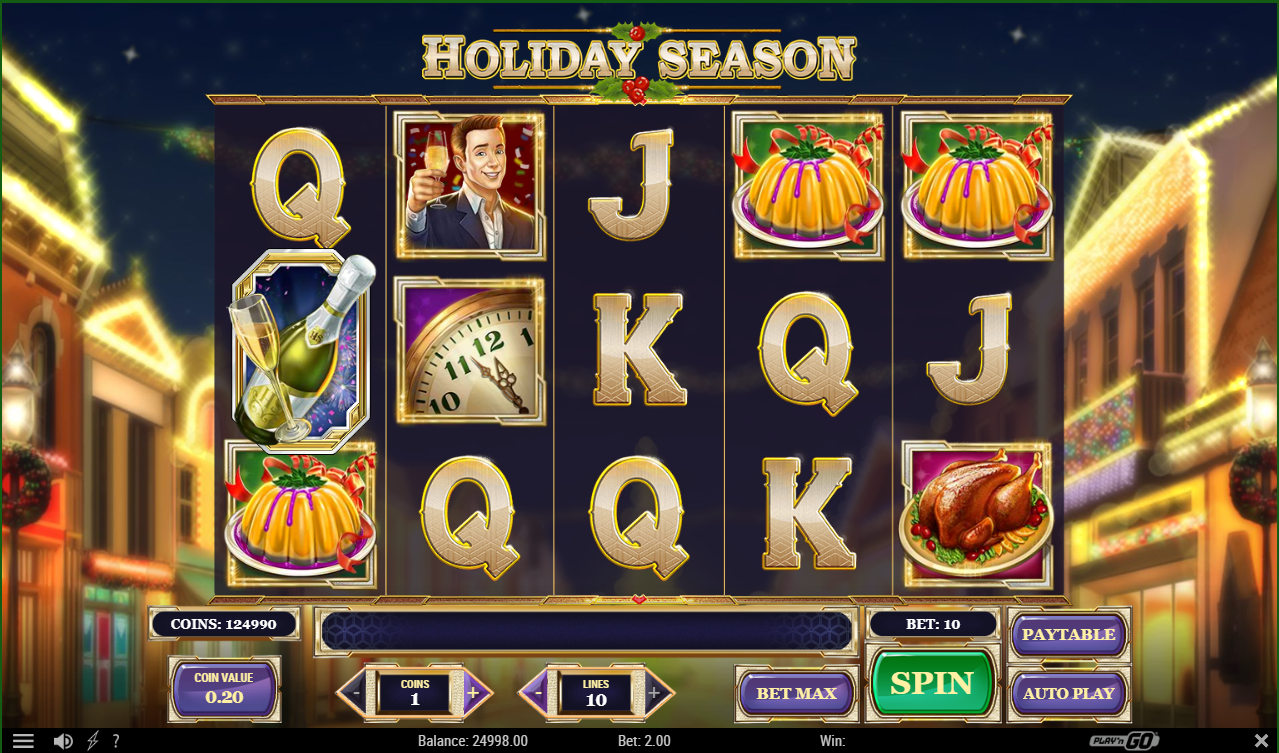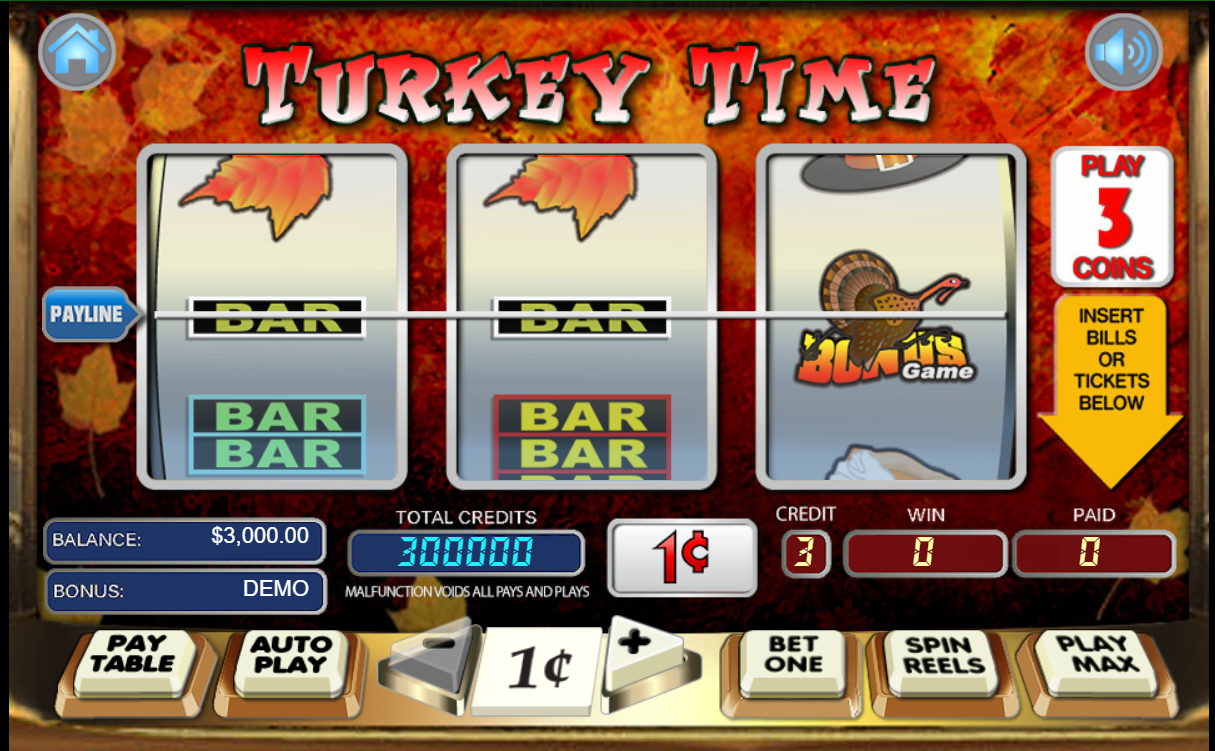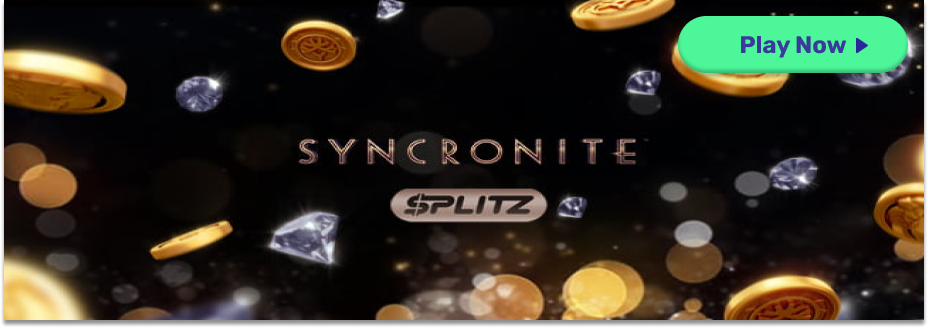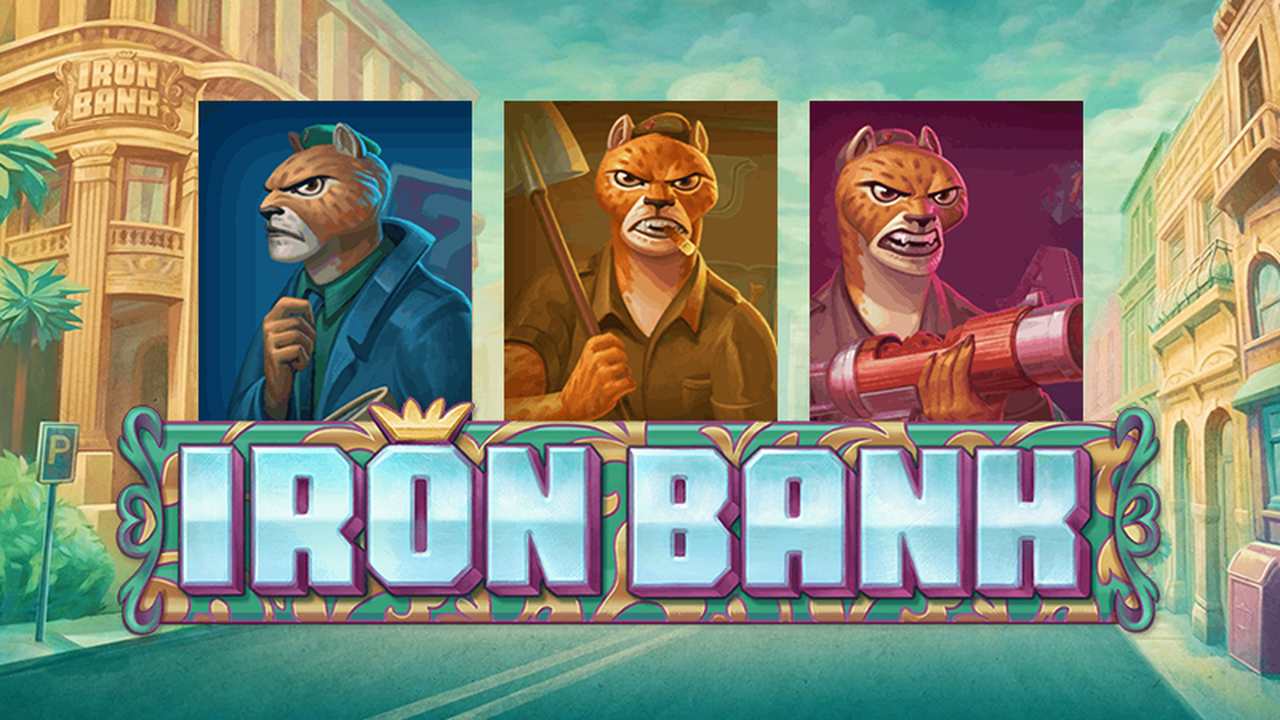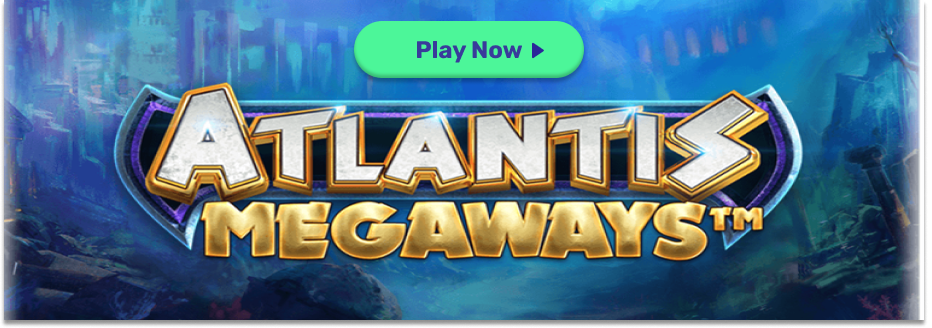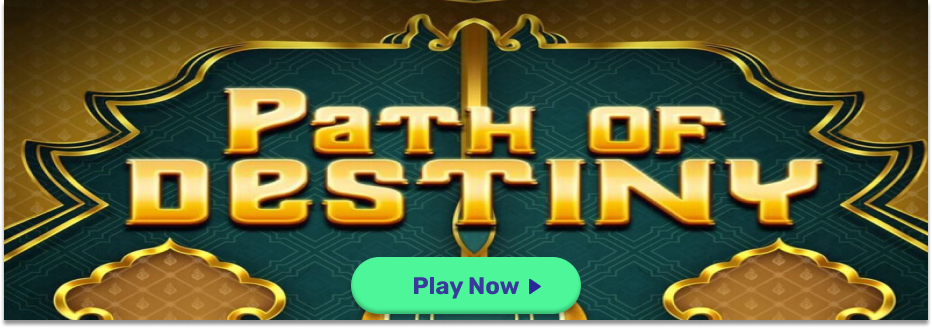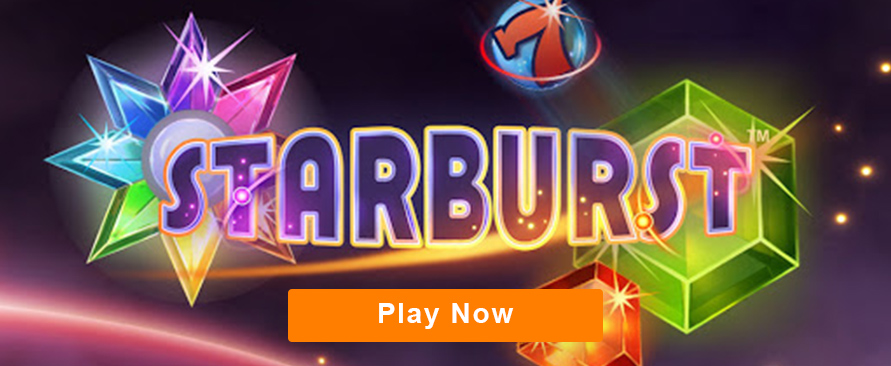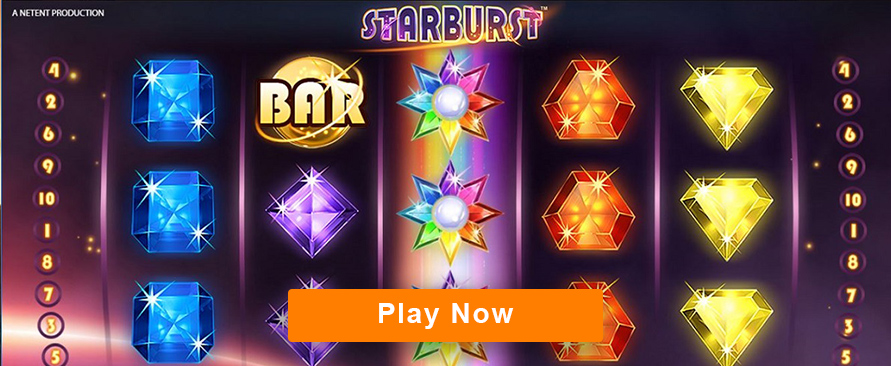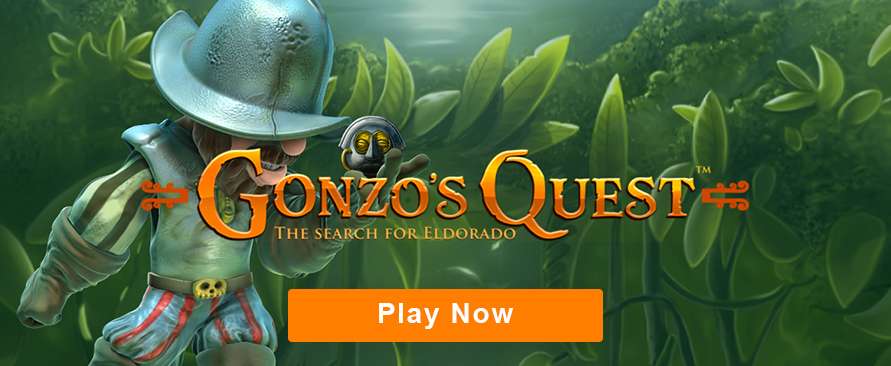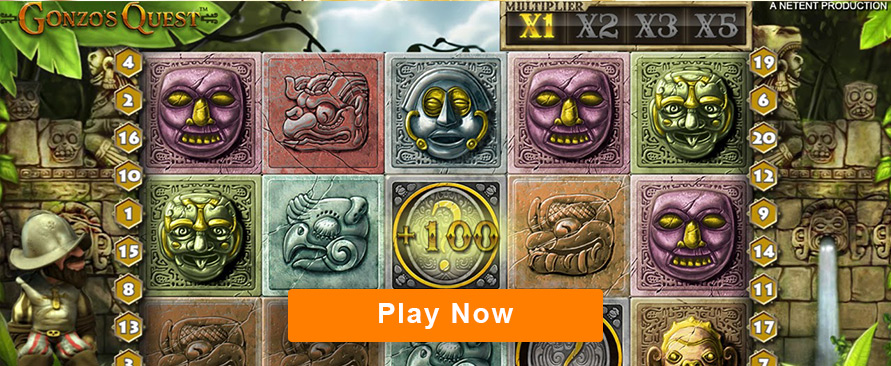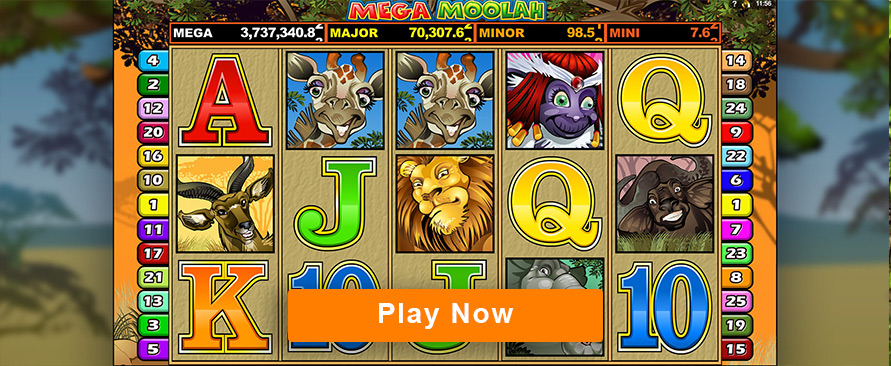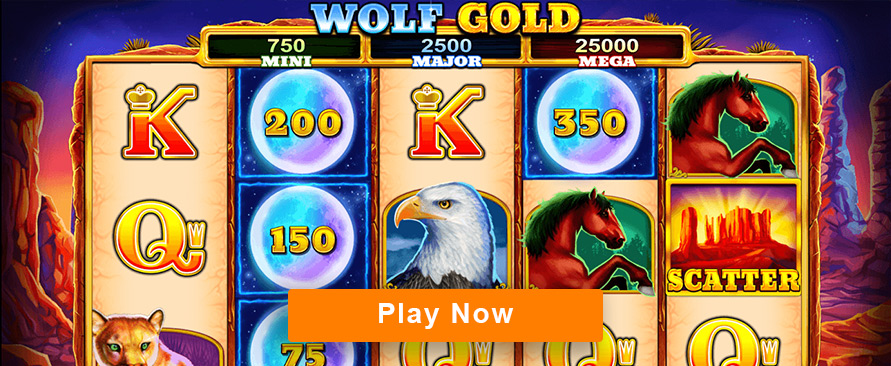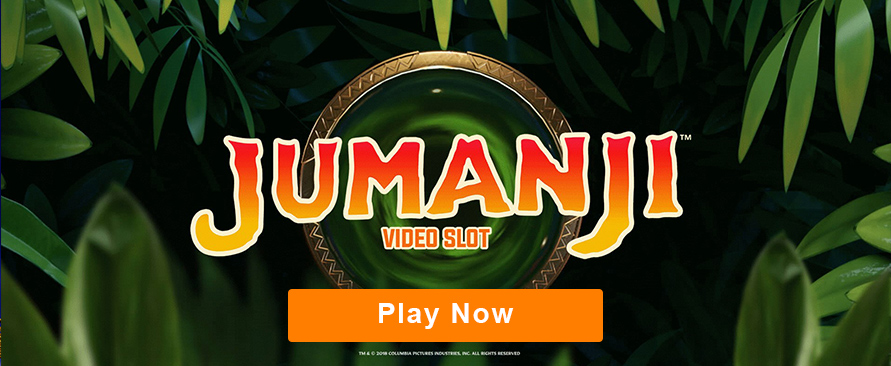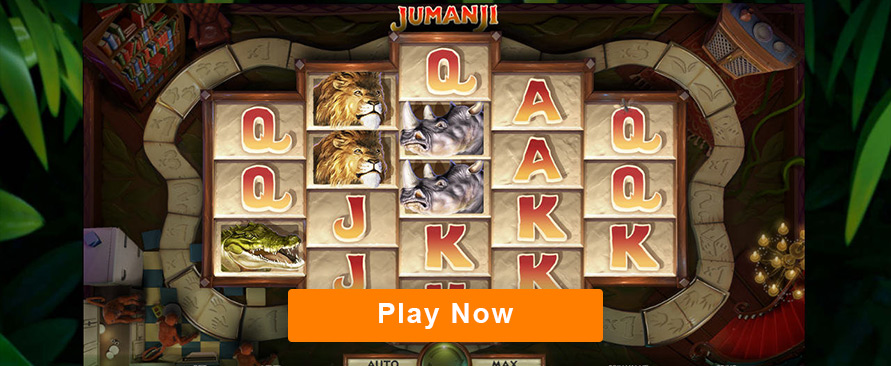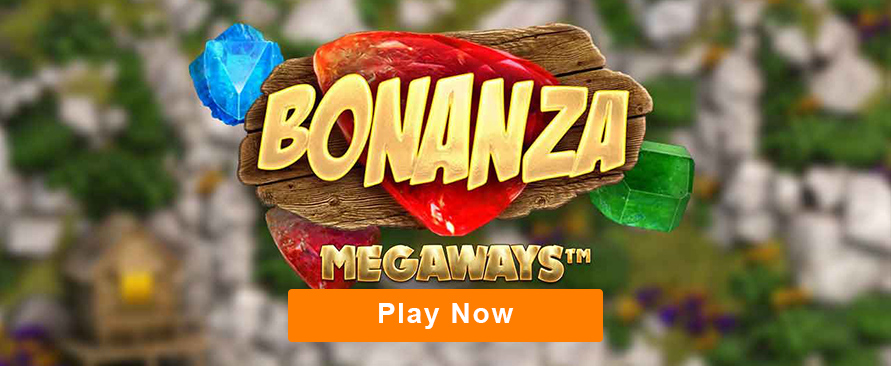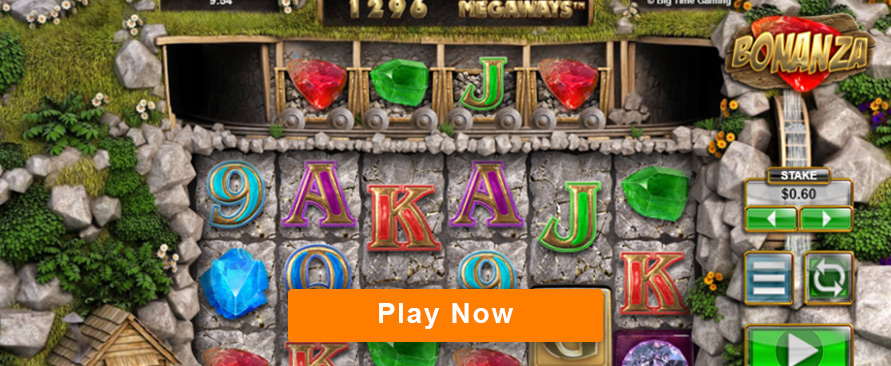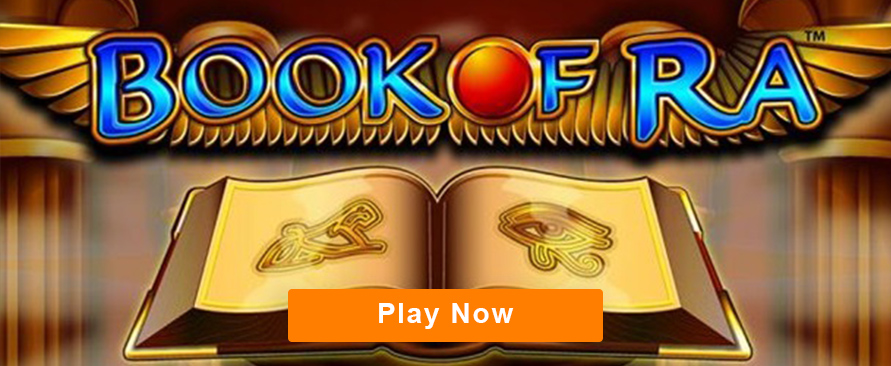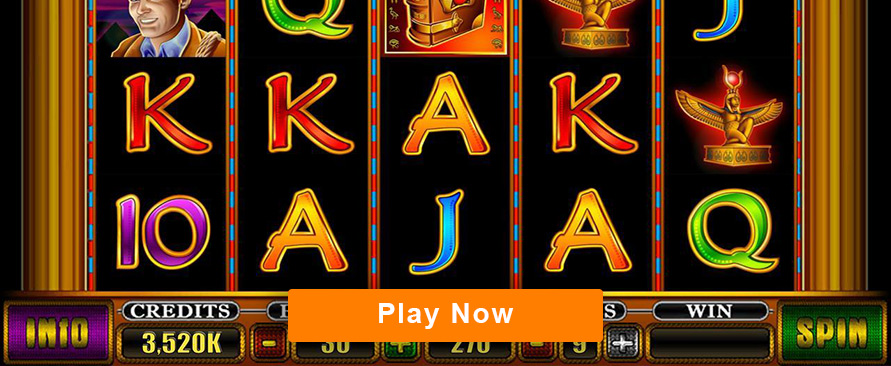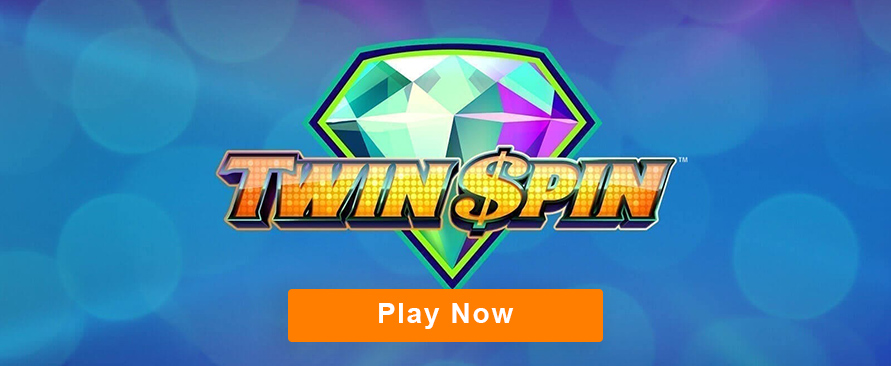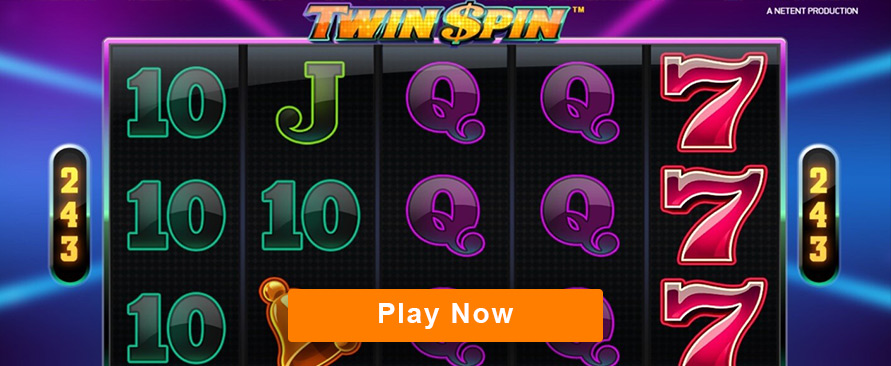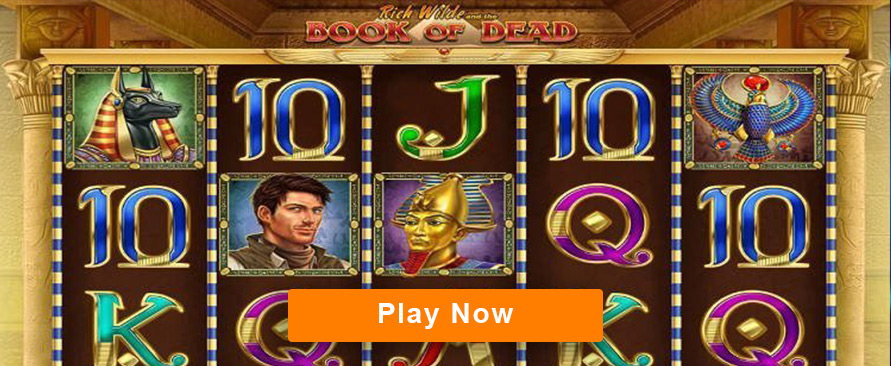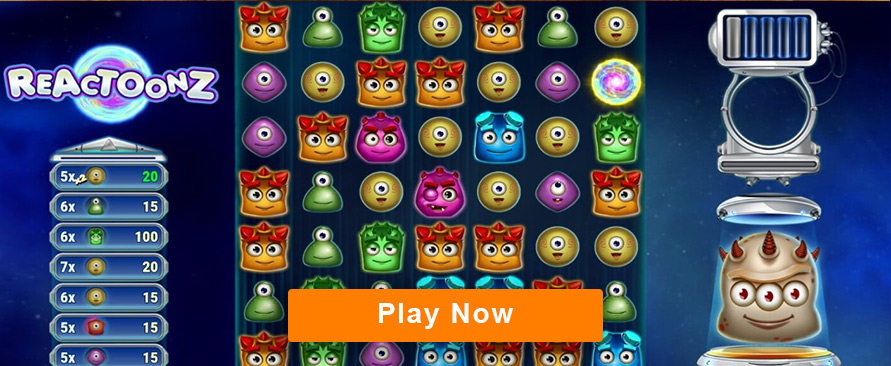The Netherlands’ Gambling Authority, Kansspelautoriteit, is moving towards liberalizing the country’s gambling market. For the longest time, the Holland Casino holds a monopoly in the Netherlands’ offline gambling market. Meanwhile, the government prohibits online gambling. Things are about to shift, though, with the implementation of Kansspelautoriteit law changes in 2021.

Kansspelautoriteit Brief History
The KSA (Kansspelautoriteit) is the Kingdom of the Netherlands’ independent gambling regulatory authority. Founded on April 1, 2012, it supervises and regulates gambling in the Kingdom’s European part.
While the Minister of Justice and Security handles gambling policy, it’s the KSA’s task to ensure its implementation. Thus, the KSA enforces the Wet op de kansspelen (Betting and Gaming Act of 1964) and other legislation.
The KSA is working on implementing the latest legislation, the Remote Gambling Act, approved by the Senate on February 19, 2019. This will pave the way for liberalization, breaking the country’s gambling monopoly in the process.
Kansspelautoriteit To Open Netherlands’ Online Gambling Market in 2021
While online gambling is prohibited in the Netherlands, the Dutch gamblers find a way through offshore gambling providers. This leaves them susceptible to unfair play with no online gambling laws in their own country to protect them. Thus, the need for reform in the Kansspelautoriteit laws is in order.
It’s been a long time coming, but the government finally approved the Remote Gambling Act that will come into force in 2021. The new legislation will allow operators to apply for an online gambling license to offer legal services in the Netherlands. The Kingdom now opens its doors not only to operators in the land but also the offshore ones.
Some Dutch Gambling Companies Waiting
Shortly after the House of Representatives passed the legislation in 2016, Dutch gambling companies took steps in preparation for it. As early as 2017, some companies swam over the shores of Malta and set up their operations in the small country.
Most of them only own entertainment arcades in the Netherlands because of Holland Casino’s monopoly of the Dutch gambling market. They wanted to be ready when the Dutch market opened up for competition. Hence, they chose to set up operations in another country early on.
With its well-regulated gambling laws, high-class infrastructure, and EU membership, Malta is an ideal location. These companies also hope to win the KSA’s approval with them having a Maltese license in hand.
Quite A Number Of International Gambling Companies Interested
Since one of KSA’s tasks is to issue the license, the regulatory authority announced an interested registration period in June 2019. The announcement is an invitation to international gambling firms who are interested to operate in the Netherlands. All interested parties then filled the I want to become a Kansspelautoriteit license holder on the gaming authority’s website.
The KSA revealed the number of interested parties totaled 79. This gives them an idea of the number of licensing applications to expect when the Remote Gambling Act comes into force. With 79 companies answering the call on such short notice in 2019, the KSA might just be in for a significant number of licensing applications to process in 2021.
Kansspelautoriteit Taking Calculated Steps
The gambling industry is a witness to how busy Kansspelautoriteit has been these days. The Netherlands’ Gaming Authority has been all over the place, signing MoU after MoU among other things.
There are still months left before the Netherlands Remote Gaming Act enters into force. However, the Kansspelautoriteit has already been signing several memoranda of understanding with other regulators.
So far, it secured MoU with the following gambling regulatory authority:
- MGA – Malta Gaming Authority
- Spelinspektionen – Swedish Gambling Regulator
- ANJ – L’Autorité Nationale des Jeux, French National Gaming Authority
The agreement provides an open communication channel between the regulatory authorities for the common good. The said authorities agreed to share information and best practices and engage in policy discussion. Ultimately, their common goal is to provide a better gambling environment in the entire industry.
The gambling community also witnessed over the years how the KSA has been cracking down on violators of its gambling laws. Its collected fines in October 2019 totaled 3.5 million, a significant increase to its 1.9 million total in 2018. This year, Kansspelautoriteit partnered with tech giant Facebook in combating illegal gambling.
All these actions could be KSA’s effort to clear the way for the implementation of its Remote Gambling Act in 2021. It seems it is leaving no stones unturned, making sure the legislation will not experience any major bumps on the road.
The Effect of KSA’s New Regulatory Framework To The Gambling Community
Fellow Regulators
The KSA is forming strong partnerships with its fellow regulators for the common cause of fighting unlawful gambling practices. As such, the KSA’s recent actions with regard to strict online gambling restrictions are not something that can directly harm its fellow regulators. In addition, almost all other gambling regulators are gearing towards stricter laws and regulations.
One regulator that will suffer is Curacao. Interestingly, Curacao like the Netherlands belongs to the 4 nations that make up the Kingdom of the Netherlands. With Curacao succumbing to the pressure of the Netherlands regarding gambling rules, the country might just lose some of its licensees.
Operators
Online gambling operators are always interested in offering services to as many nations as possible. So, the Netherlands’ door opening up to online gambling means a new market that operators can exploit.
With regard to Kansspelautoriteit implementing strict laws, operators are well aware of how strict the Dutch gambling laws can get. Because almost all rules are being laid out before the legislation takes effect, operators have an idea what to expect once they become licensees. They can either agree to abide by the rules and get a license or look for an open market elsewhere.
Players
According to KSA, all new licensees must be registered at the Central Exclusion Registry (Cruks). The said registry will give the players the freedom to choose only those online gambling companies which they trust. With this system, the KSA expects to weed out those operators who are practicing an unjust and unfair play. As shady online casinos grow in number as much as the reputable ones, the KSA claims such a registry will help combat the problem. Thus, it is in the best interest of the players.
Final Thoughts
A new well-regulated gambling framework is always a welcome addition to the online gambling community. In its entirety, the KSA’s actions in preparation for 2021’s Remote Gambling Act implementation won’t harm the industry. In fact, legal and trustworthy casinos may benefit from it all. The Kansspelautoriteit is making an all-out effort to plan the smooth implementation of the legislation. However, it’s flawless execution remains to be seen.

